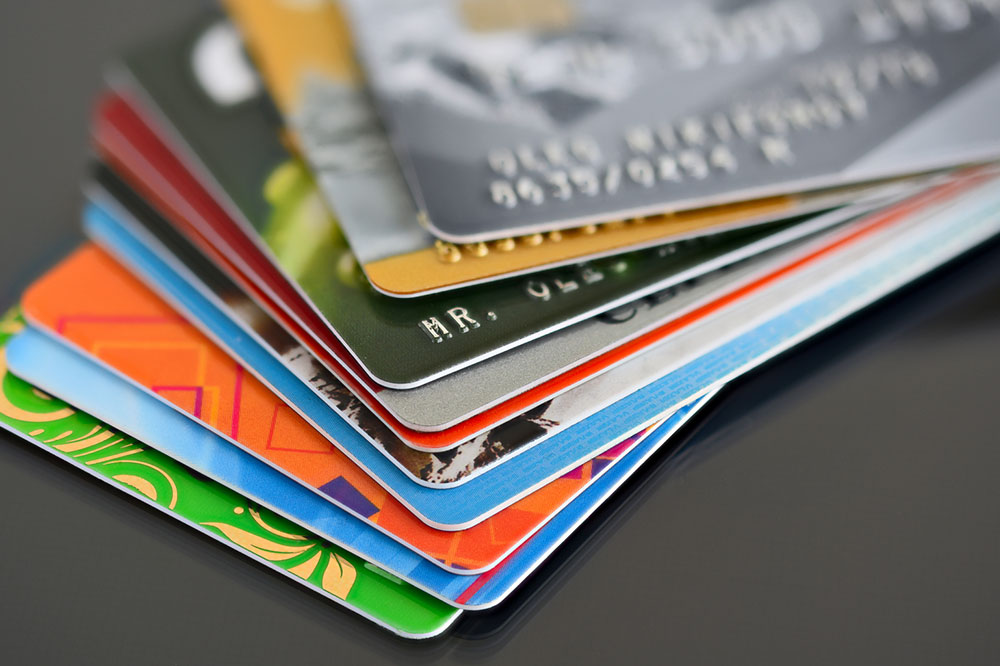
Top 8 Credit Card Hiccups to Avoid
Credit cards have opened up many possibilities for those with lesser avenues for income. Fancy offers, zero interest discounts, combination deals, and cashback are some of its perks. What we fail to do is read the fine print. If you do not show restraint on spending and follow discipline in repayment, credit card bills and repayment can take all the fun off your shopping.
Here are some of the most common mistakes that one makes while using credit cards. Avoid them, and you will realize that credit cards are not a trap but an enabler for convenient shopping.
1. Ignoring the fine print
Have you read the documents that come with your card? If you thought zero-interest was permanent, you would be mistaken. There will be more hidden clauses in the fine print, including introductory rates, offer limitations, balance transfer, among others.
2. Balance of transfer fee
The amount a lender charges when you transfer the debt from one lender to another. Some cards charge a double transfer fee, which makes credit cards very expensive. If you transfer your debt without understanding the BT rate, you could be in for big shocks.
3. Introductory and zero interest rates
When you choose a no-interest account, you feel pretty happy to transfer your existing debt to the new one. These initial rates are highly misleading as they could be deferred interest rates. For instance, if you buy an expensive appliance in the introductory period and fail to pay the debt, backdated interest will be charged from the date of purchase, and the rates could be very high.
4. Security interest clause
Not many are even aware that the card company can repossess your property if you default on payments.
5. No research
Talk to the issuer or an expert before buying one. If you cannot, search on the Internet. You will find many valuable suggestions on purchasing a credit card and saving yourself from such hidden and expensive clauses.
6. Too many cards
Too many credit cards could reduce your credit score. A potential debtor could analyze your debt to income ratio and might have second thoughts about a new loan, say, a mortgage. If the balances and debts accumulate on all your cards, it could indicate a severe financial crisis. Pay off the longest or the one with the maximum debt and reduce the number of cards to just what you need.
7. Withdrawing cash with a credit card
Cash advance fees could go up to 3.5% of the amount you started, and finance charges are as high as 49.36% per annum. Replace the amount withdrawn as soon as possible; otherwise, the costs could be shockingly high.
8. Allowing cards to be charged off
Your card will be charged, which implies that you do not have to pay the debt. This happens when you have not paid any debt for 180 days. However, it does not mean your loan is waived off. The card issuer can collect it legally or send a collection agency to recover the debt. It also affects your credit score negatively.
Apart from these, there are common credit card mistakes, which are avoidable and can be controlled.
Ignoring the credit card bill
Missing payments frequently
Exceeding credit utilization ratio
Giving your card to friends or family
Not reporting stolen or lost cards.
Maxing your card
Taking time to choose the right card with reasonable penalties is always better than choosing a credit card with multiple offers but has too much against you in the fine print. Always do your due diligence and once you buy one, avoid the common credit card mistakes mentioned above to save unnecessary charges and fees.


